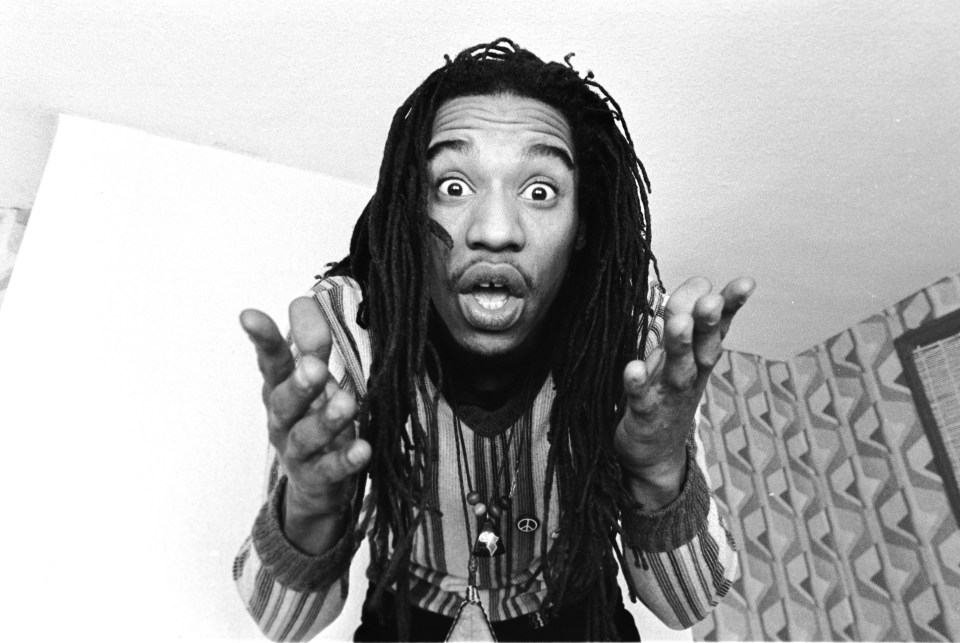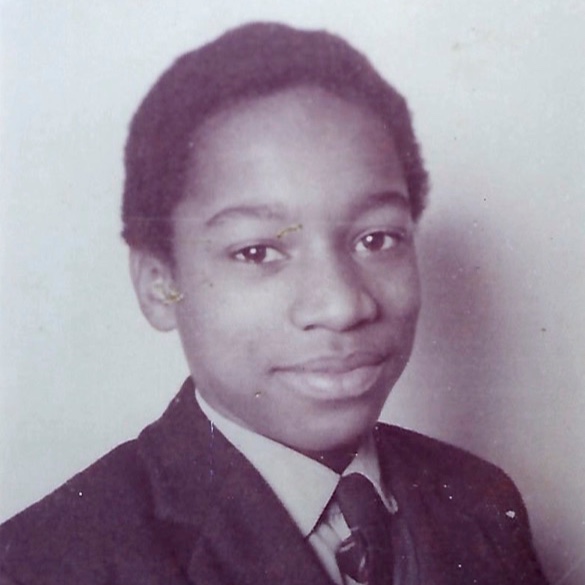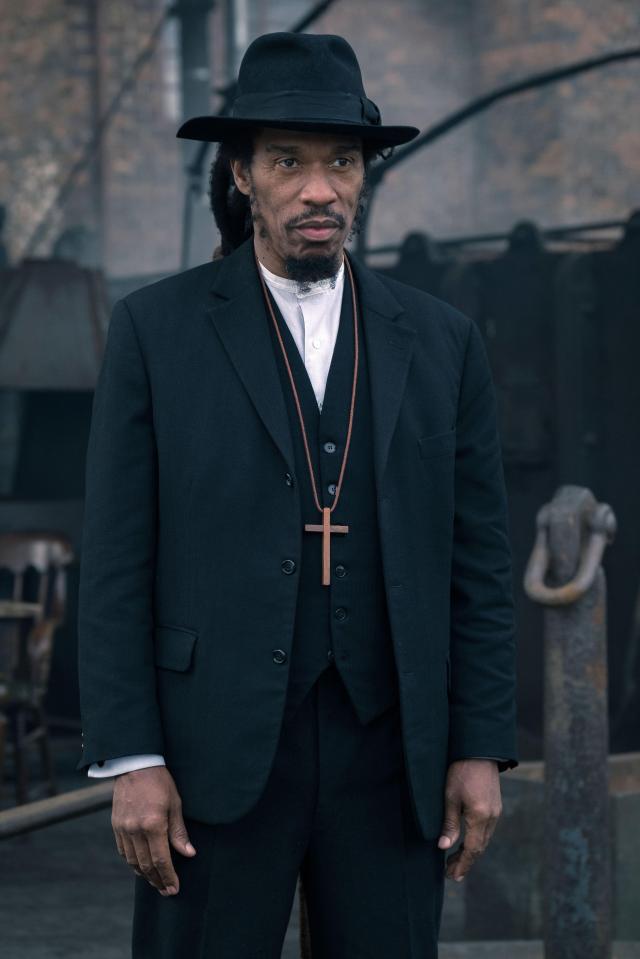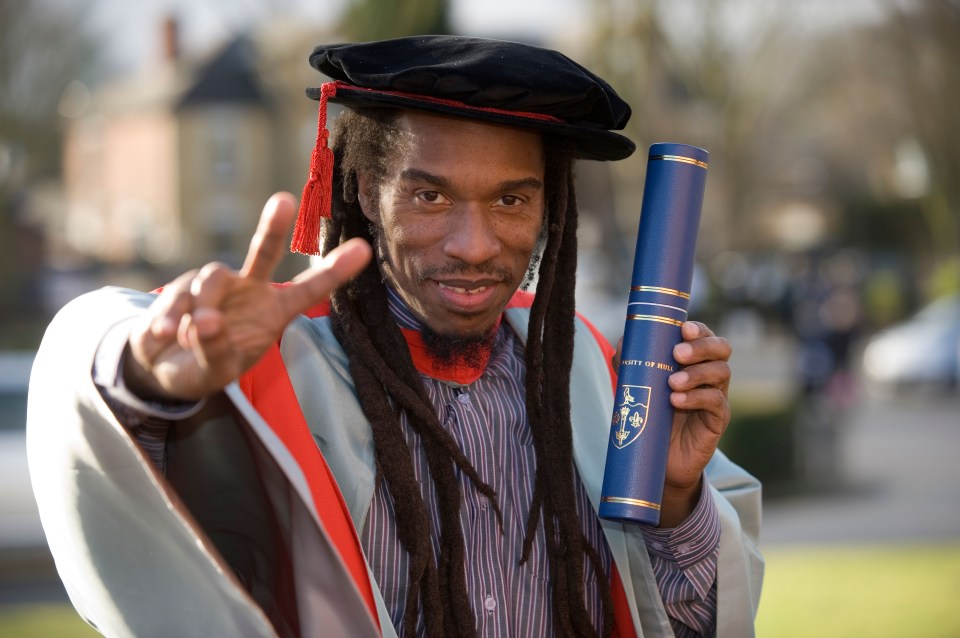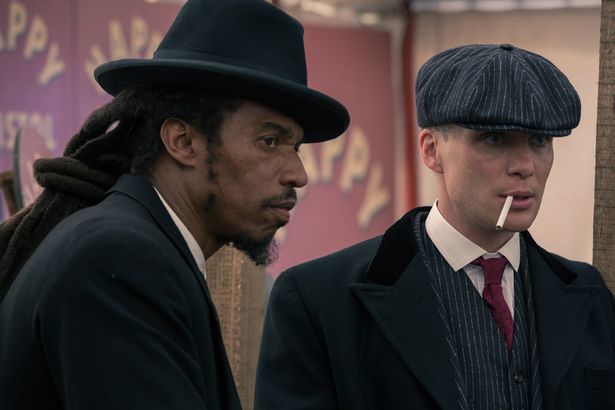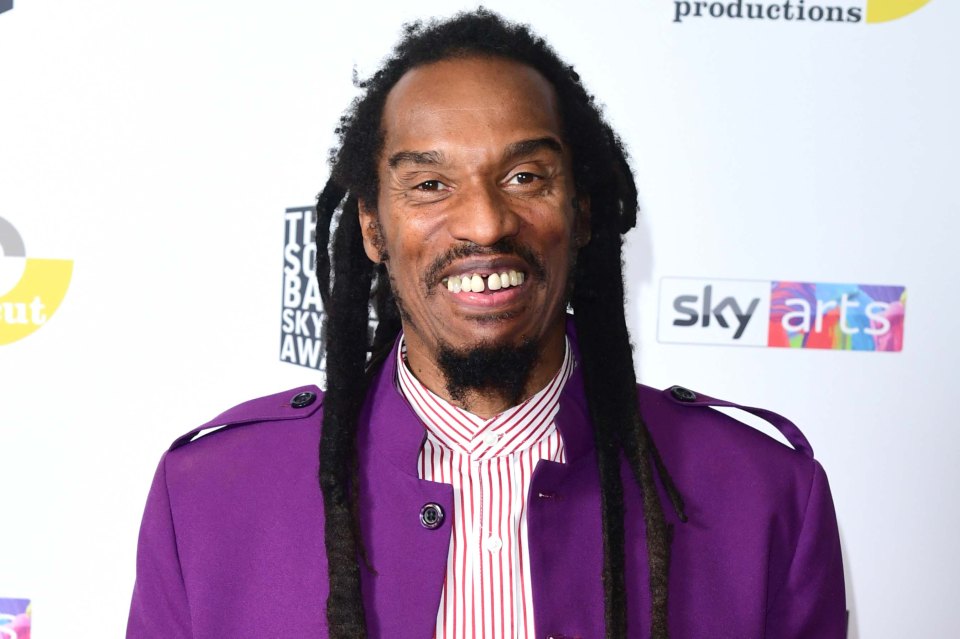How Peaky Blinders’ Benjamin Zephaniah became professor of poetry despite crippling dyslexia leaving him unable to read
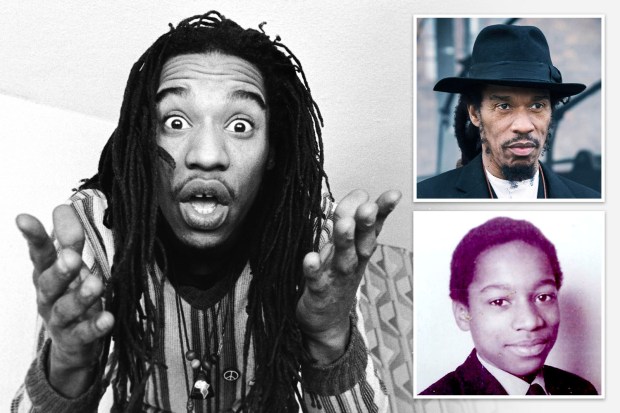
FEW people have turned their lives around with such remarkable determination as revered poet Benjamin Zephaniah.
Benjamin, who died yesterday, just eight weeks after being diagnosed with a brain tumour aged 65, became a professor of poetry despite being dyslexic and expelled from school, unable to read or write.
He went on to have his poems studied by English GCSE students, star in TV-hit Peaky Blinders as Jeremiah “Jimmy” Jesus.
The radical turned down an OBE in 2003.
The family of the Birmingham-born campaigning writer and musician were at his bedside as he passed away in the early hours.
Tributes last night poured in for the politically outspoken wordsmith.
Read More on Showbiz
Peaky Blinders star Cillian Murphy said: “Benjamin was a truly gifted and beautiful human being, a generational poet, writer, musician and activist.”
Sun columnist Tony Parsons wrote: “Benjamin Zephaniah was a beautiful man — warm, funny, wise — a breath of fresh air and humanity, always a joy to be around, one of those working-class kids who refused to stay in the box they put him in.”
Children’s author Michael Rosen commented on social media: “I’m devastated. I admired him, respected him, learnt from him, loved him.”
Born in the Handsworth area of Birmingham in 1958 to a nurse from Jamaica and a postman from Barbados, Benjamin had eight siblings.
Most read in Celebrity
He said: “Our early life was really poor, we had to share a tin bath and an outside toilet with the neighbours.”
Aged eight, his mum took him away from the family home and went on the run, leaving his brothers and sisters behind with his dad.
A couple of years later his dad tracked them down and when he started attacking his mum, Benjamin tried to fend him off.
He recalled: “I had a little knife and I was trying to get at his vein. The police came and arrested me.”
He was eventually thrown out of school for causing too much trouble.
There were also fights with racist gangs on the streets of Birmingham.
I remember being in prison, thinking, ‘I want to change the world, and now I’m sitting in a cell. What am I doing?
Benjamin Zephaniah
He once said: “I had to fight skinheads on the streets. When I was a teenager going to clubs, you’d come out and they’d be lined up, and you had to fight them.”
With few job prospects available to him, Benjamin admitted turning to petty crime.
But a spell inside convinced him that he needed to do something useful with his life.
He said: “I remember being in prison, thinking, ‘I want to change the world and now I’m sitting in a cell. What am I doing?’”
A lifelong gift for words offered Benjamin a way out.
He had been writing poems from the age of ten and started to perform them in front of audiences.
By the time he was 20 the budding writer had moved to Brixton, South London.
He had his first collection of poetry, Pen Rhythm, published in 1980.
At 22, he joined an adult education class to learn how to read.
It was on stage that his distinctive brand of Dub Poetry caught the public’s attention.
Soon the “establishment” he often berated in speeches at political demonstrations came calling.
He was shortlisted for a fellowship at Cambridge University and later for Oxford Professor of Poetry.
I had to fight skinheads on the streets. When I was a teenager going to clubs, you’d come out and they’d be lined up, and you had to fight them.
Benjamin Zephaniah
He made it clear he did not want to be considered for the role of Poet Laureate and refused an OBE because he opposed the idea of “empire”.
But he did take up a role as a professor of creative writing at Brunel University in London and accepted doctorates from countless other colleges.
His musical career included forming the The Benjamin Zephaniah Band and performing with Sinead O’Connor.
Benjamin was often open about the turmoil in his personal life, which included the sadness of his first wife Amina leaving him after ten years together in 2001 when they were unable to have children.
He said: “I’d have loved kids, and I’ve tried and tried to have them.
“I was on the verge of adopting once, but they wouldn’t let me because my police records had gone missing.”
In 2006 he moved to a bungalow in a small village near Spalding, Lincolnshire, and focused on his writing.
Read More on The Sun
Despite all his criticism of the Government, he never wanted to leave Britain.
Benjamin said: “I gotta say, I love this country, though I rail against it all the time.”


